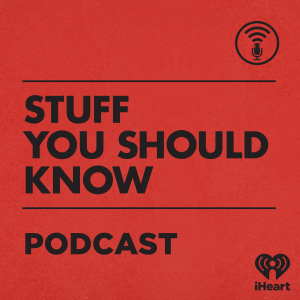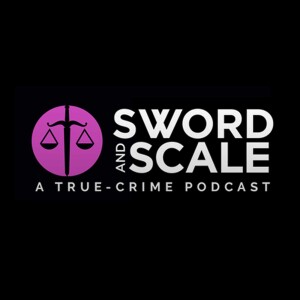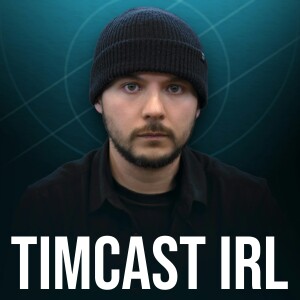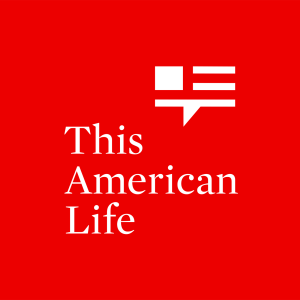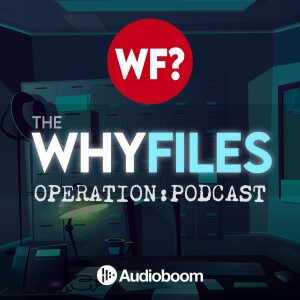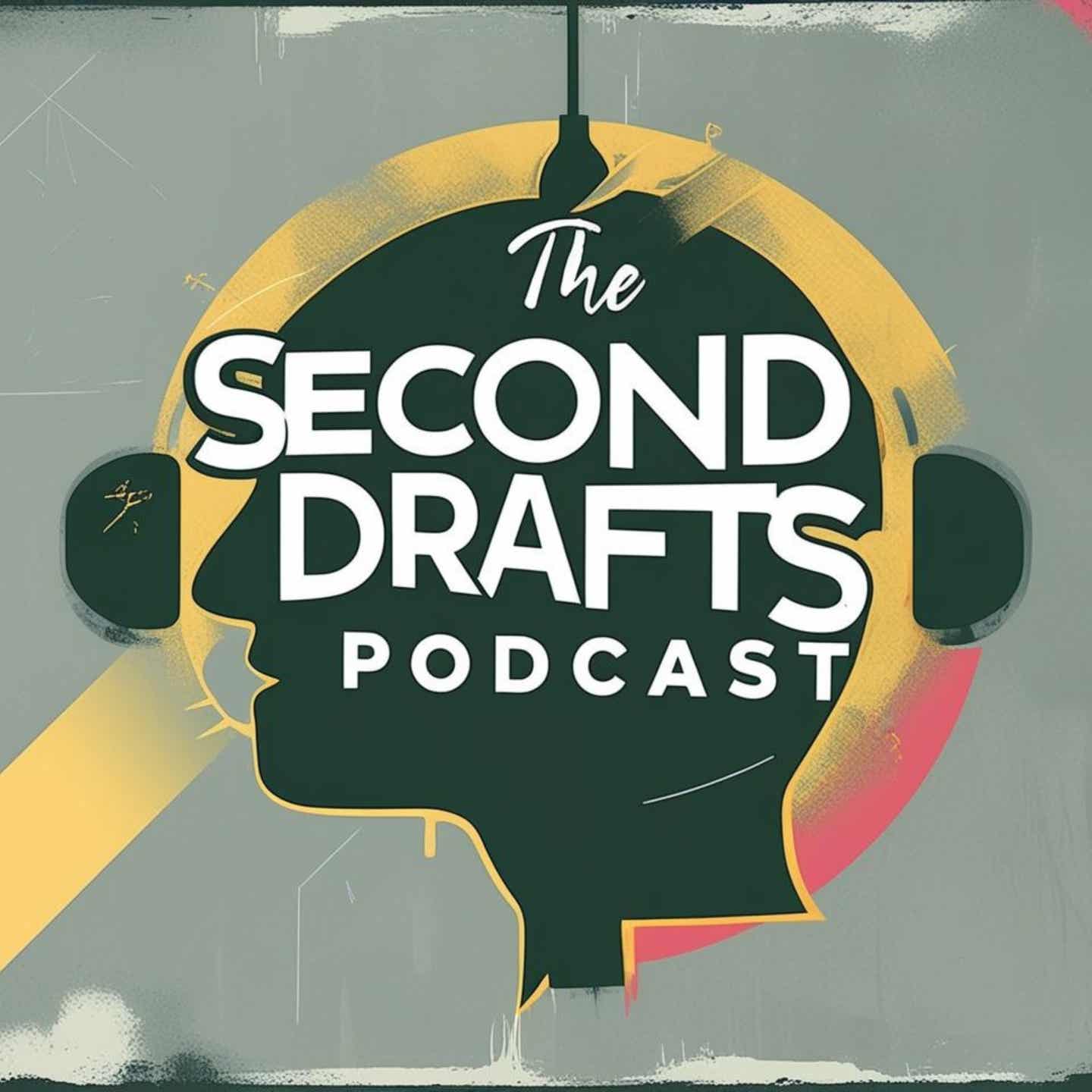

Second Drafts Podcast (private feed for charles.lehmann@yahoo.com)
https://api.substack.com/feed/podcast/237129/private/d6c8d0f6-0a17-41b1-8011-ed8295396dab.rssEpisode List

On the Podcast: Peter Stewart
Dear Reader,This month’s edition of the Second Drafts podcast is for paid subscribers. For those who have yet to subscribe, $5/month gets you full access to past and future podcasts, as well as monthly in-depth book reviews. Decide it’s not worth it? Cancel anytime, no questions asked.Thanks for listening to Second Drafts,CraigPS: Know someone who might be particularly interested in this month’s topic? Give a gift subscription for the month on their behalf. Click below!Why School Choice May Be a Solution to Much of What Ails UsIf there’s something everyone has an opinion on, it’s education, but how informed are these opinions, and what help and hope do they hold for real solutions for the world? Now in mid-April, with schools—particularly independent schools—months into their admissions processes for next year, Peaches and I sit down with friend, Peter Stewart, to get his take on what he’s seeing all over the country in terms of K-12 education and why school choice may be a solution to much of what ails us.In this podcast, we talk about how non-traditional, non-government schooling options have recently exploded due to Covid-19, partisan politics, and parental preferences, as well as what he’s learned in a career spanning 30+ years in a variety of educational roles, schools, and locations.About PeterPeter Stewart is Senior Vice President of School Development for Stride Learning and works with parents, teachers, community groups, school districts, school boards, departments of education, and policy makers across the United States and internationally to start new high-tech schools that use the Stride academic program. In the past seven years, Peter has helped develop large-scale, public e-learning programs in sixteen states that currently serve over 100,000 courses annually.Prior to joining Stride in 2000, Peter was a Head of School, a teacher, a school principal, and a curriculum director with ten years’ experience working in urban, rural, and international schools. He holds a BA in English from Williams College, and an MA from Columbia University Teachers College.Peter is married to Kris and they have two boys. They recently bought and now run Hardscrabble Ranch, a guest ranch thirty minutes northeast of Bozeman that families can rent for getaways, wedding, family reunions, and time away in the wilderness.Pertinent Links* Stride Learning website* “On the Education Monopoly” - Brian Mattson on Substack* “An Open Letter to a School Choice Skeptic” (pts. 1, 2, 3, 4, 5) - Second Drafts* Espinoza vs. Montana Department of Revenue - Supreme Court case* Abraham Kuyper Wikipage* StarLink website* Hardscrabble Ranch website Thank you for subscribing. Share this episode.

On the Podcast: Elsa Wintersteen
Dear Reader,Welcome to a very special bonus edition of the Second Drafts podcast in which Peaches and I sit down with former student and soon-to-be college graduate, Elsa Wintersteen, about her upcoming original play, Orpheus Ascending. The show runs March 24-27 at the Montana State University Black Box Theater. Tickets are $15 at the Orpheus Ascending website.If you’ve read Second Drafts the past couple of months, you know that I play the role of Grandfather in the show. I wrote back in February about what the experience was teaching me, and now that we’re less than a week from opening night, I want to personally ask those in the Gallatin Valley to buy your tickets and come see one of the performances! You won’t be disappointed.Enjoy this month’s bonus podcast and Elsa’s enthusiasm for the arts and the ancient world.Hoping to break a leg (and not a hip),CraigAbout ElsaElsa Wintersteen is a soon-to-graduate senior at Montana State University here in Bozeman and has spent most of her life living, learning, and working in the Gallatin Valley. She has acted in a number of shows, including Great Expectations (Young Estella), Tom Jones (Squire Allworthy), and Little Women (Jo March), as well as written and directed three shows, all of them premiering in Bozeman.In her free time, Elsa enjoys hiking, skiing, writing, board games, and commercial fishing. She is newly-married to Matthew and preparing to graduate in May with degrees in Literature and Directed Interdisciplinary Studies, but first she has to complete her senior capstone, which is writing, directing, and producing her original play, Orpheus Ascending.About the ShowThe myth of Orpheus and Eurydice can be found in cultures all across the globe, and is a potent myth type bursting with universal human experience, truth, and beauty. Orpheus Ascending is Elsa’s take on this ageless love story; her original play weaves together the Orpheus myth with the ancient myth of Demeter, Persephone, and Hades, the Greek Lord of the Underworld. In the liminal existence between life and death, her story unfolds for these two star-crossed lovers who must battle demons, gods, and (most of all) themselves if they are ever to see the sun again. Thank you for subscribing. Share this episode.

On the Podcast: Luke Davis
Dear Reader,Normally for paid subscribers, this month’s edition of the Second Drafts podcast is available to all subscribers, free of charge. Not only do I want people to know about Luke Davis’ new church history narratives for younger students, I want to give those who aren’t paid subscribers an opportunity to hear what I’m doing on these podcasts. I hope you’ll listen.Information on the books is below. For those who have yet to subscribe to Second Drafts, just $5/month gets you full access to past and future podcasts, as well as monthly in-depth book reviews. Decide it’s not worth it? Cancel anytime, no questions asked.Enjoy the podcast!CraigA New and Novel Church History Series for StudentsIn this March edition of the Second Drafts podcast, Peaches and I sit down via the Internet and interview friend and former St. Louis teaching colleague, Luke Davis, about his new church history series, Risen Hope. In addition to discussing the stories and importance of Christian church history (as well as the opportunity and need parents have to do a better job inspiring students—and ourselves—through its study), Luke and I discuss writing in general, what it was like for him growing up as a pastor’s kid, and his recent conversion to Anglicanism.About LukeLuke Davis is Bible Department Chairman at Westminster Christian Academy in St. Louis, Missouri, where he teaches Christian ethics and church history. Luke also serves as assisting priest at Church of the Resurrection (part of the Anglican Church of North America) in Chesterfield, Missouri. He is the author of the Cameron Ballack crime novels and an ethics book for high schoolers, Tough Issues, True Hope: A Concise Journey Through Christian Ethics. Luke’s first two volumes of the Risen Hope church history series are Redemption: The Church in Ancient Times and Reign: The Church in the Middle Ages. Luke and his wife, Christi, live with their family in St. Charles, Missouri.Risen Hope Book GiveawayChristian Focus Publications has made available two sets of Risen Hope that I’m giving away here at Second Drafts. To be entered for the drawing for one of the two-book sets, listen to the podcast for the name of Luke’s father (no, it’s not Darth Vader), then email the answer and your mailing address to me by midnight (MDT) on Saturday, March 19. Two winners will be randomly selected, and Peaches will send the books out on Monday, March 21.Luke Davis Online* Luke’s author page on Amazon* Friend Luke on Facebook* Follow Luke on Twitter Thank you for subscribing. Share this episode.

On the Podcast: Nick Ross
Pursuing Shalom on Behalf of America's Indigenous PeoplesFor February’s Second Drafts podcast, Peaches and I sit down with Nick Ross, American Indian/Alaskan Native Student Success Program Manager for Montana State University. Nick and I talk about his Native American heritage, how he grew up on a reservation, what he does working with indigenous students on campus, and why he came to Christ and serves as a deacon at Trinity Church despite American colonization’s abuse of Christianity, often to the detriment of his people.About NickNick Ross comes from the small community of White Swan, located on the Yakama Indian Reservation in Washington State. A graduate of Montana State University, Nick earned his degree in Philosophy with a minor in Native American Studies. While a student, Nick was very active in the community, serving in leadership with MSU’s American Indian Council, Nations, and as a representative in the ASMSU student government. As a part of the American Indian/Alaskan Native Student Success at MSU, Nick works daily on the ground with students, programming educational, cultural, and social initiatives designed to engage and equip the 800 Native American students to grow in their confidence, awareness, and flourish while at MSU. Nick is also a member and serves as a deacon at Trinity Church in Bozeman.From the FAQ at “Indian Education for All in Montana for One MSU”A few frequently asked questions about Montana’s American Indian People.* What is a reservation? A reservation is a territory reserved by tribes as a permanent tribal homeland. Some reservations were created through treaties while others were created by statutes or executive orders. Most often, reservations are comprised of part of a people’s pre-contact homeland.* Which term is more appropriate to use, American Indian or Native American? When referring to the indigenous peoples of Alaska, Hawaii, or the 48 contiguous states of the United States, it is appropriate to use the terms “Alaska Native,” “Native Hawaiian,” and “American Indian” respectively. While the term “Native American” came into usage in the 1960s, most tribal groups in Montana refer to themselves as “American Indian.” “Indigenous” is a term that has recently come into common usage in national and international realms, but being as tribally specific as possible is always the best approach to using the correct terms of identification and description.* Are American Indians citizens? Yes, American Indians are citizens of the tribal group of which they are a member. American Indians became citizens of the United States in 1924 through the American Indian Citizenship Act and are also citizens of the state in which they reside.* What is the relationship between the United States and the tribes? The relationship between the tribes and the United States is one of a sovereign government to another sovereign government. This principle has shaped the entire history of dealings between the federal government, the states, and the tribes. The US government entered into treaties with tribal governments that exchanged tribal lands for federal protection and services. These treaties still form the basis of much of the Tribal-Federal relationship. This relationship is established in the Constitution of the United States. The US Supreme Court, through many cases, has established the US Constitution Commerce Clause, Article I, Section 8, as the basis of the Tribal-Federal relationship. The Commerce Clause states, “The Congress shall have the power to …regulate commerce with foreign nations, and among the several states, and with the Indian tribes.For answers to more frequently asked questions like these, as well as a full list of Montana tribal groups, go to Montana's American Indian People FAQ.Tribal Territories in MontanaOther Resources* MSU’s Center for Bilingual and Multicultural Education* MSU’s Department of Native American Studies* Trinity Church’s Nations partnership with Cru at MSU Thank you for subscribing. Share this episode.

On the Podcast: Catherine Aubrecht
The Discussion You Didn’t Know You Could Have about AbortionFor the 49th anniversary of Roe vs. Wade, Peaches and I interview friend and fellow Trinity Church member, Catherine Aubrecht. In “The Discussion You Didn’t Know You Could Have about Abortion,” we talk about the Christian view of human life, men behaving badly, feminism as a secular creed, the pro-choice/pro-life debate, and God’s redemption of her life despite her own past abortions. Obviously, nobody wants to talk about abortion, but if we have to (and we do), we hope our conversation here can be one of both deep empathy and convicted persuasion.About CatherineCatherine Aubrecht serves as Community Developer for Trinity Church in Bozeman, Montana. Previous to her role at Trinity, Catherine enjoyed a long career in telecommunications and cybersecurity engineering as a member of the Intelligence Community for the federal government, working to secure computer networks from cyber attacks. She has since retired, though continues to teach graduate cybersecurity classes for Webster University in St. Louis, and is now in full-time ministry at Trinity Church where she helps people get connected, “be seen, known, and loved” into healthy community within the Trinity church body. She also leads Women’s Ministries as well as organizes community outreach events. She is married to Steve.Key Judicial Decisions in America’s Abortion HistoryBelow are summaries of key judicial decisions in America’s abortion history. Thanks to friend and former teacher Larry Hughes for putting together these summaries.* 1973 - Roe vs. WadeNorma McCorvey (Jane Roe) decided to fight the anti-abortion laws of her state (Texas). Claimed rape but later admitted it was birth control failure. Texas law to that point had permitted abortion only to save the life of the mother. United States Supreme Court (USSC) decides that the law is unconstitutional because it violated the due process clause of the 14th Amendment; thus, ruled that the privacy of the mother overrides the right of the child to live. However, court ruled that the State has an interest in protecting the mother’s health and the potential life of the fetus; thus, arises the concept of trimesters and divergent interests of the State in each.* 1973 - Doe vs. BoltonThis case, decided the same day as Roe v. Wade, was really the one that made abortion on demand throughout pregnancy a reality. USSC struck down a Georgia law that limited abortions to accredited hospitals, required the approval of hospital abortion committee, required confirmation by two other medical doctors, confined abortion access to state citizens only. Now the issue is not only a woman’s right to privacy but also a physician’s right to practice medicine.* 1976 - Hyde AmendmentFederal government should stay out of a woman’s choice to abort, but the government has no obligation to pay for it; blocked federal Medicaid funding for abortion services.* 1977 - Planned Parenthood vs. DanforthPlanned Parenthood challenged a Missouri law that required husband to give consent to abortion and required minor to get permission from her parents. USSC rules that the decision to abort is left to the woman only and the best judgment of her attending physician. They also decided that a pregnant teenager must be permitted to get an abortion without her parent’s consent. The latter was a highly controversial decision.* 1989 - Webster vs. Reproductive Health ServicesThis Missouri case provides one of the first significant limits placed on the right to abortion. USSC upheld the Missouri law that prevented public funds from being used to pay for “non-therapeutic” abortions (those that were undertaken to safeguard the mother’s life only). A woman has a right to an abortion and the State may not hinder or place obstacles in her way. However, she does not have the right to expect the state tax system to pay for that abortion if she cannot afford to pay for it herself. It also prevented the use of public medical facilities to provide non-therapeutic abortions.* 1992 - Planned Parenthood vs. CaseyThis challenge was viewed as the best opportunity to overturn Roe v. Wade. A Pennsylvania law required:* 24-hour waiting period before the abortion, during which a woman must be given information about procedure, risks, and approximate gestational age of the fetus* parental consent required for a minor seeking an abortion (though there was a “judicial bypass” to get around this)* a woman’s husband to be informed* but if a medical emergency, a woman was exempt from all of these Decision of the USSC reaffirmed the “rightness” of the original Roe v. Wade, stressing the right to privacy (emerges out of the idea of liberty in the Constitution); personal autonomy (making major decisions for oneself); and bodily integrity (right to have one’s body left alone). Three major decisions: * upheld the concept of a 24-hour waiting period* upheld the consent with judicial bypass as reasonable* declared spousal consent unconstitutional citing due to* potential risk to a woman * significant obstacle for some women in obtaining an abortion More recent developments and significant Supreme Court considerations* 2018 - Dobbs vs. Jackson Women’s HealthMississippi law passed to prohibit abortions after 15 weeks, with narrow exceptions for medical emergencies or severe fetal abnormality.* 2021 - Texas Heartbeat ActTexas law prohibited abortion when there is a detectable heartbeat, which may be as early as six weeks into pregnancy. The constitutionality of the act is a matter of intense legal controversy, with several legal challenges were pending in state and federal courts.* 2022 - ?On the heels of the Texas Heartbeat Act, the Supreme Court may uphold Dobbs vs. Jackson in response to Mississippi, asking the Court to reverse all its prior abortion decisions and return the abortion question to the states. Some say this would open the door for Roe vs. Wade to be overturned.A Few Pertinent Articles* “Public Opinion on Abortion” (Pew Research Center)* “Marching Toward a Different Future” (First Things)* “The Feminist Dream of a World without Men” (World Magazine)Know someone who needs to hear this podcast? Give a gift subscription to Second Drafts for the year (just $50) or the month (just $5). Thank you for subscribing. Share this episode.
Create Your Podcast In Minutes
- Full-featured podcast site
- Unlimited storage and bandwidth
- Comprehensive podcast stats
- Distribute to Apple Podcasts, Spotify, and more
- Make money with your podcast




